When you think of the greats of modern times in North American sports, you think of Michael Jordan, Wayne Gretzky, Tom Brady and Mike Trout. Rarely do you hear the name Mariano Rivera and I’m here to tell you why that’s wrong.
Born on the 29th of November 1969 in the Panamanian capital, Panama City, Rivera was raised in the fishing village of Puerto Caimito, where it seemed inevitable that he would follow in his father’s footsteps as a fisherman. Baseball did not seem to be his destiny, as the young Rivera idolised Pele and spent most of his teenage years playing soccer, his favourite sport.
Injuries curtailed his enjoyment of soccer and so took up baseball, but played it more as a hobby instead of as a ways to achieve his dreams. Initially playing short stop in a game where the pitcher was particularly bad, Rivera stepped in and that was where he started on his journey to becoming one of the greatest pitchers of all time. He pitched well and was eventually noticed by a scout working on behalf of the New York Yankees, who signed him for $2,500 in early 1990. So, started Rivera’s path to Cooperstown.
Originally used as a starter in the minor leagues by the Yankees, Rivera pitched well. By the time he made it to the Greensboro Hornets, Rivera had a teammate that he would eventually be part of history with, a certain Derek Jeter. Things could have worked out very differently though, as the Major Leagues expanded to introduce two new franchises in Colorado and Florida. Rivera was left unprotected by the Yankees in the expansion draft, but neither the Rockies nor the Marlins opted to take him. It was a decision that both franchises would live to regret whilst the Yankees will forever count their blessings that one of their greatest ever players didn’t get taken away before he ever made it to the majors.
In 1995 Rivera finally made it up to the Majors but didn’t perform well as he posted a 10.20 ERA in his first four starts for the Yankees. Rivera was demoted and the notoriously impatient George Steinbrenner, legendary owner of the Yanks, was ready to pull the trigger on a trade that would have sent Rivera to the Detroit Tigers for David Wells.
However, in what was a twist of fate, Rivera pitched for the Columbus Clippers and his fastball velocity had improved by 5mph. Upon hearing this and confirming the validity of the fastball, Yanks general manager Gene Michael insisted that Rivera not be traded and implored Steinbrenner to be patient. “The Boss” heeded the advice of one of his most trusted lieutenants and, as we all know, would be forever thankful.
It was in 1996 that Rivera took his first step towards the greatness that called him, when the Yankees decided to employ him as a reliever and primarily as a setup man for incumbent closer, John Wetteland. During the season Rivera managed a streak of 26 consecutive scoreless innings and eventually helped the Bronx Bombers to the promised land, winning his first World Series title with the club. Baseball Reference calculated that his value to the Yankees during the season was 5.0 WAR, a staggering number that no reliever has been able to match ever since.
However, in the summer of 1997, Rivera made an addition to his pitching repertoire that would eventually cement his place in history – he added the cutter, a pitch that has become synonymous with his name.
A large percentage of pitchers in the majors now employ a cutter as part of their pitching arsenal, largely down to the gigantic amount of success Rivera enjoyed in throwing it. Rivera stands alone in relation to this pitch though, as he used it to dominate hitters for fifteen years at the highest level and in the highest pressure moments. Described by legendary Braves switch hitter Chipper Jones as a “buzzsaw”, Riveras signature pitch was a nightmare for left handed hitters to deal with. The vicious lateral movement towards their hands was similar to that of a slider, but had the velocity of a fastball, meaning that it was on their hands before they knew it. Once Rivera had mastered his command of the pitch, he could locate it to ensure that the ball almost always avoided the barrel of the bat, causing weak contact and, another thing that is synonymous with his name, broken bats.
In 2001 alone Rivera broke 44 bats during the regular season. Ryan Klesko of the Braves was one particularly infamous victim, having 3 bats broken in one plate appearance alone in the 1999 World Series. Having started his career as a power pitcher reliant on his fastball to garner strikeouts, Rivera became far more efficient once he started to use the cutter as his primary pitch. It would drive Rivera to the immortality in which he is now regarded.
In 1998, by which point he was now the established closer for the Yankees, Rivera added his second World Series win as part of a team that will go down in history as one of the greatest ever. By going past the 30 innings threshold, Rivera qualified himself for the record for lowest postseason ERA in Major League history. In 35 innings he had only allowed two earned runs, giving him an ERA of 0.51.
Fast forward to the end of his career – 106 more postseason innings – and he still holds that record. In ’99, Rivera finished the season with a remarkable 43 scoreless frames. This culminated in him winning the World Series MVP as the Yanks romped to their second of three straight titles. In 2000, Rivera was infallible again as the Yankees destroyed their city rivals in the Subway Series.
As dominant as he was, Riveras career was not completely without failure. In 1997 he allowed a crushing home run to Sandy Alomar Jr of the Cleveland Indians, when the Yankees were just four outs away from making the World Series.
They would eventually lose that series to the Indians. It was in 2001 though that Rivera finally showed signs that maybe he was conquerable. In game seven of the World Series against the Diamondbacks, Rivera committed a dreadful throwing error and then gave up a bloop single to Luis Gonzalez with the bases loaded. Had his aura of invincibility now diminished?
The loss to the DBacks remains the only postseason loss of his career, illustrative of not just his baseball brilliance but his mentality too. When a player has reached such heights as the ones Rivera reached, it would be easy for such a gut wrenching low as this to turn a career around in the wrong direction. For Rivera however, it remained just a bump in his road.
Many years of what would be described of mediocrity for the Yankees followed as they lost the 2003 World Series to the upstart Marlins and then infamously lost to the Red Sox in the 2004 ALCS having had a three-game lead in the series. Rivera only allowed one earned run in that series but uncharacteristically blew three out of five saves. Rivera’s brilliance was undoubted, but that performance ensured that he would join a club that very few Yankees avoid – being booed at Yankee Stadium.
He was also cheered at Fenway Park the following season and Rivera responded in a typically humorous and classy fashion, by tipping his cap. In these so called wilderness years for the Yankees, Rivera was still consistently brilliant as he posted ERAs under 2.00 in four of the five years that followed.
In 2009, approaching his 40th birthday, Rivera reaffirmed his greatness. After a slow start to the season, he recovered to finish the regular season with a 1.76 ERA, 44 saves in 46 opportunities and a 0.90 WHIP. As was regularly the case with him, he then stepped up a gear in the postseason. Conceding just one run in 16 innings of work, Rivera was the only closer in the playoffs that didn’t lose a game or blow a save. The Yankees beat out the Phillies in 6 games and Rivera had his fifth ring.
A player, when looked at in an individual context, should not be judged solely on rings.
Lionel Messi has never won a World Cup, Ken Griffey Jr.never even played in a World Series and LeBron James has lost 6 Finals in the NBA.
However, if their impact has been so strong, they should be given due credit. That is what immortalises them. Mariano Rivera played on teams that included Derek Jeter, Roger Clemens and Alex Rodriguez among multiple other stars – but it is universally agreed that without Rivera, the Yankees don’t have those five championships.
For a closer to have that impact speaks volumes. In the modern era, the closer only pitches one inning – the 9th. Rivera was asked by managers Joe Torre and Joe Girardi on multiple occasions to give them multiple innings, holding the postseason record with 14 games saved with 2 innings or more pitched. But Rivera’s impact went further than that. It became a psychological back breaker for opposing teams. If the Yankees had a lead early, as the game progressed anxiety grew in opposing dugouts as they knew what was coming if they couldn’t get back in to the game. As Alex Rodriguez once said: “He’s the only guy in baseball who can change a game from a seat in the clubhouse or the bullpen.”
Rivera’s talent was backed up by a personality that served to make him even better. He rarely ever showed emotion and hated the thought of showing up fellow players. He refused to let himself get too high or low and regularly preached to teammates “when you start thinking, a lot of things will happen. I get the ball, I throw the ball, I shower.”
He suffered adversity in the face of defeat in 1997, 2001 and 2004, coming back like nothing had happened each and every time. In 2012, in what was meant to be his retirement year, he tore his ACL. As calm and balanced as Rivera was, his intensity shone through as he proclaimed “Write it in big letters. I’m not going down like this.” He returned in 2013, winning the Comeback Player of the Year award to go along with All Star MVP honours. It is testament to him that despite his excellence driving on one of the most hated franchises in sports, he was revered as a person just as much as he was a player by his peers. This was shown by him receiving gifts from every team he played against that year, including the “Chair of Broken Dreams” – a rocking chair made out of broken bats, some of which had been broken by the man himself.
Among his many records held (21 regular season and 14 postseason), his postseason ERA of 0.70 is without question the most astonishing. To put this into context, more people have walked on the moon than have scored an earned run off Mariano Rivera in the postseason. He achieved that mark pitching in a mammoth 96 games (also a record) and has 42 saves, 24 more than the second placed pitcher on that list. It would be remiss not to mention that Rivera also holds the best regular season ERA in live ball history too, a remarkable 2.21.
To say that Mariano Rivera is the greatest closer of all time simply doesn’t do him justice. He is, obviously, but he’s more than that. He’s one of the greatest players of all time, a transcendent superstar that didn’t need 300 wins, 3000 hits or 500 home runs. He didn’t even need 652 saves. He didn’t need a flash nickname like “Big Unit” or “Rocket”, he was simply “Mo”. He should be forever considered one of the greatest of all time because he repeatedly passed the eye test. Whether it was in his twenties, thirties or even his forties, Rivera was so consistently brilliant that it almost became routine. In a lonely, high pressure role for the biggest team in the biggest and most unforgiving market in North America, Rivera regularly made it look easy.
His name is often overlooked when talking about the greats – Ruth, Mantle, Mays, Aaron and Williams. Rivera belongs on that list, undoubtedly. His unanimous Hall of Fame induction was the icing on the cake.
When describing his legendary signature pitch, Rivera said “it was just from god”. I’m sure every Yankee fan who watched him pitch will be in eternal agreement.


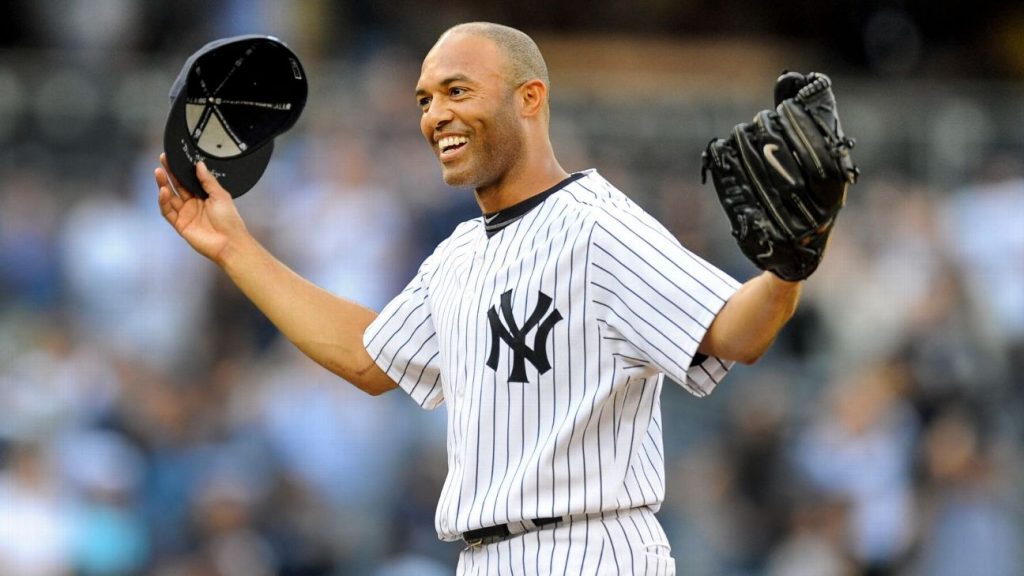
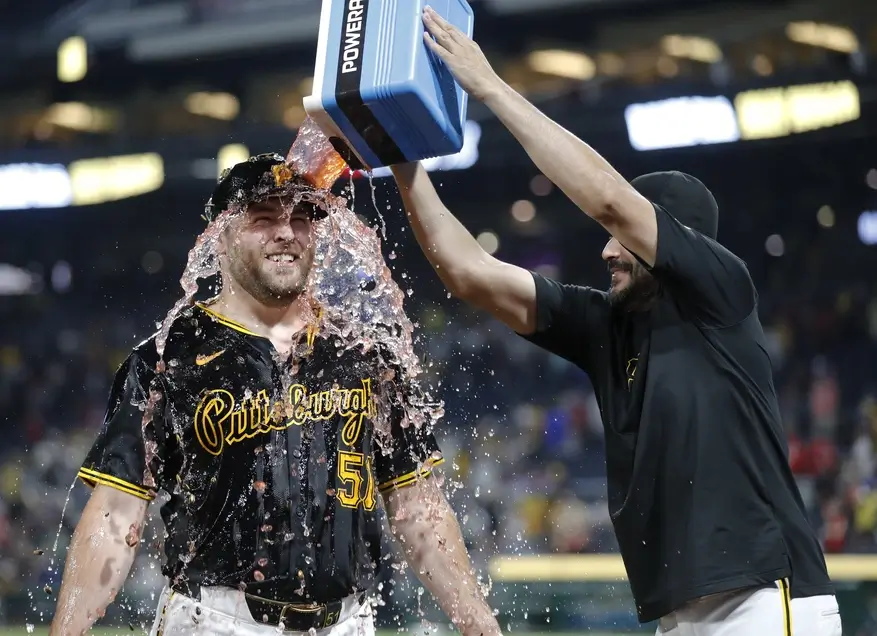
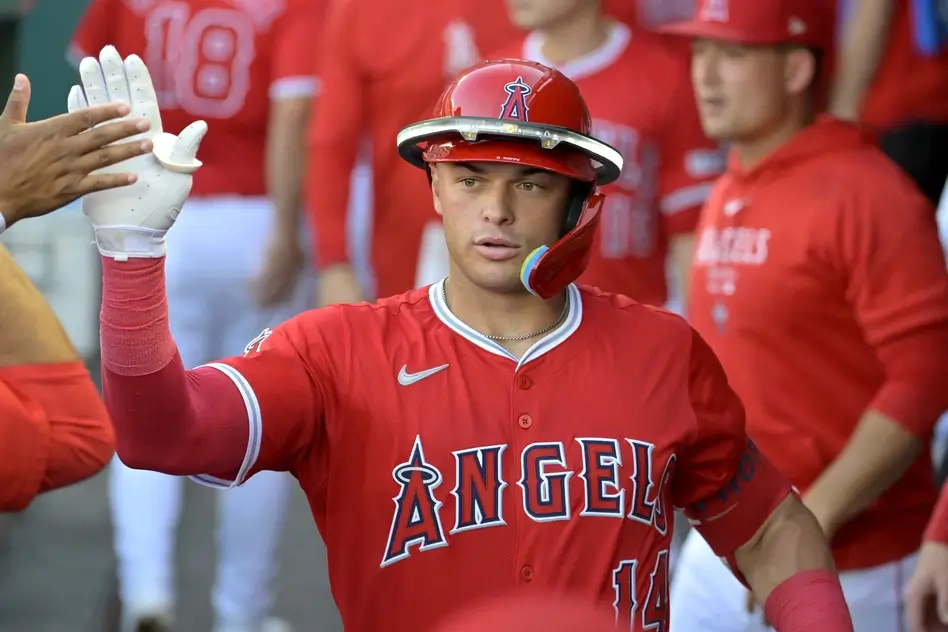
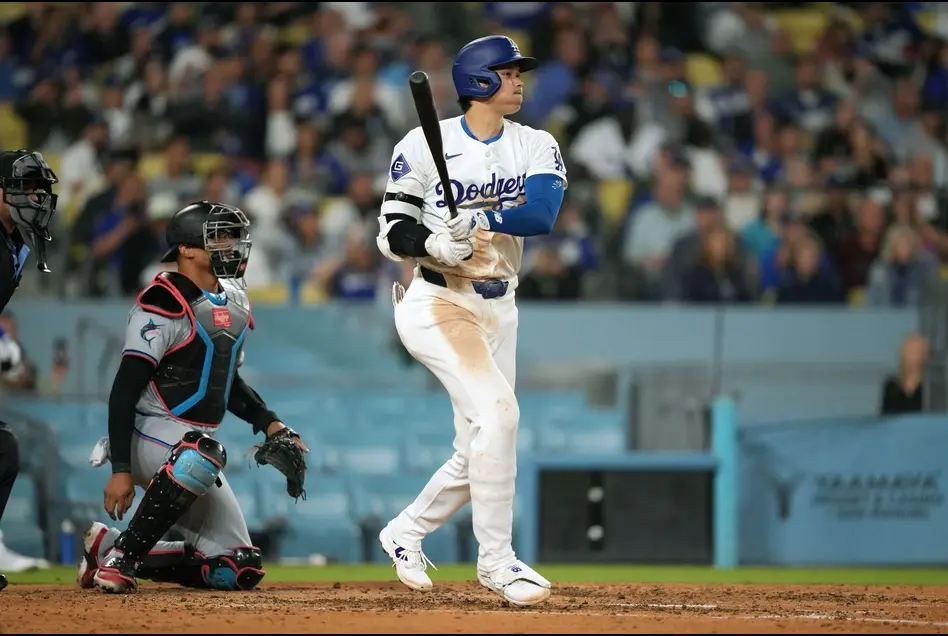
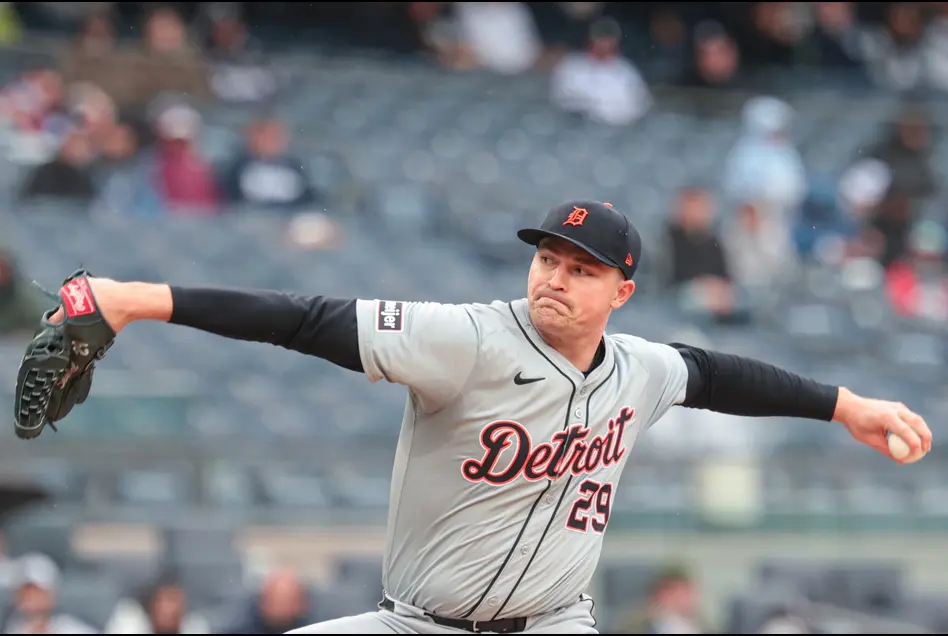
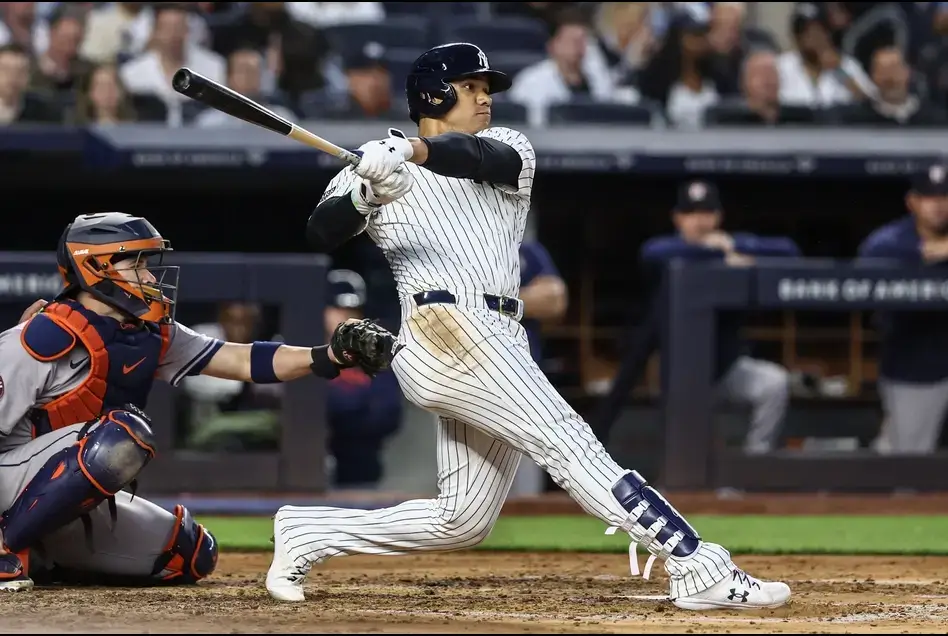
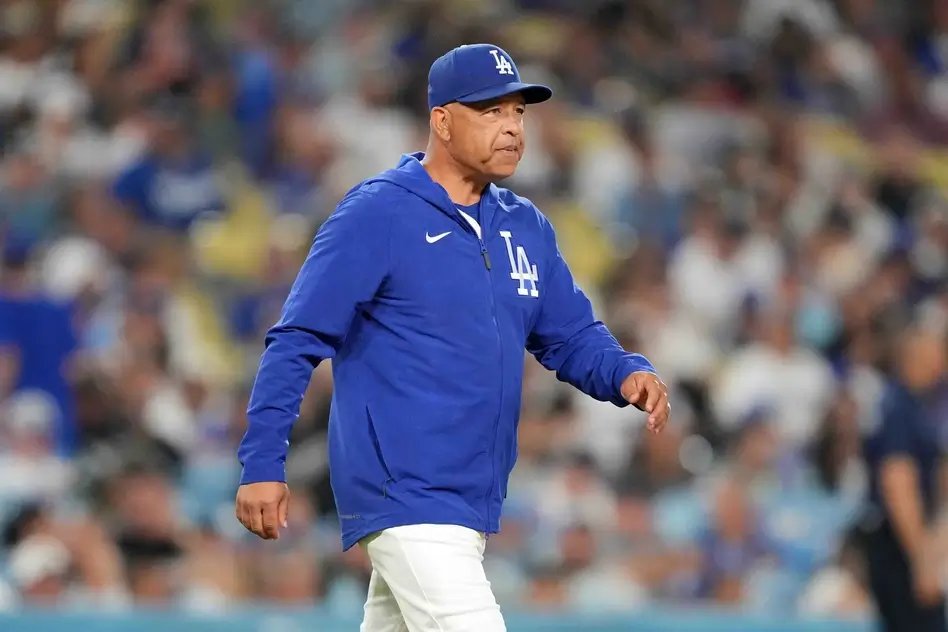
Meh… he batted 6 times his whole career, never pitched a complete game… pitched more than 100 innings only once.
Being the greatest reliever ever is enough. He doesn’t belong on the list of greatest players who played defense AND offense. He doesn’t even belong on the list of great starting pitchers.
He ain’t the Babe or Mickey or Joltin’ Joe, or Yogi or Gehrig, or Whitey, or even Jeter, or Bob Gibson, or Koufax. Get over it.